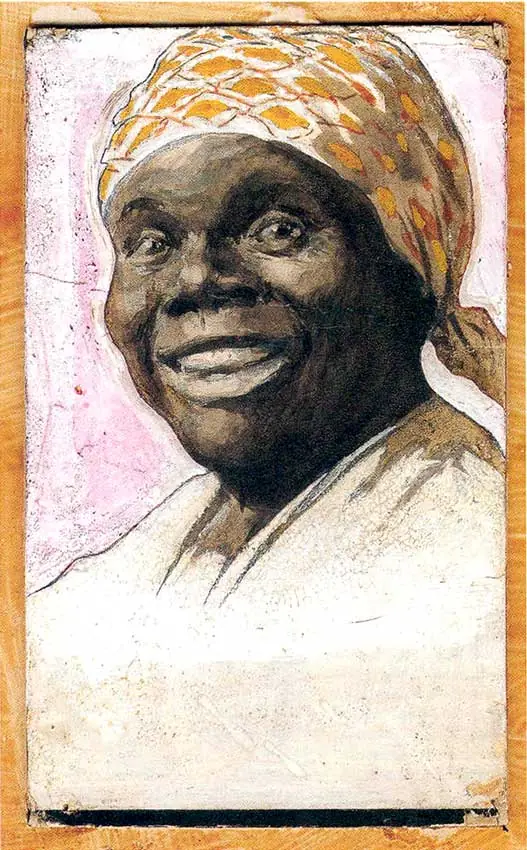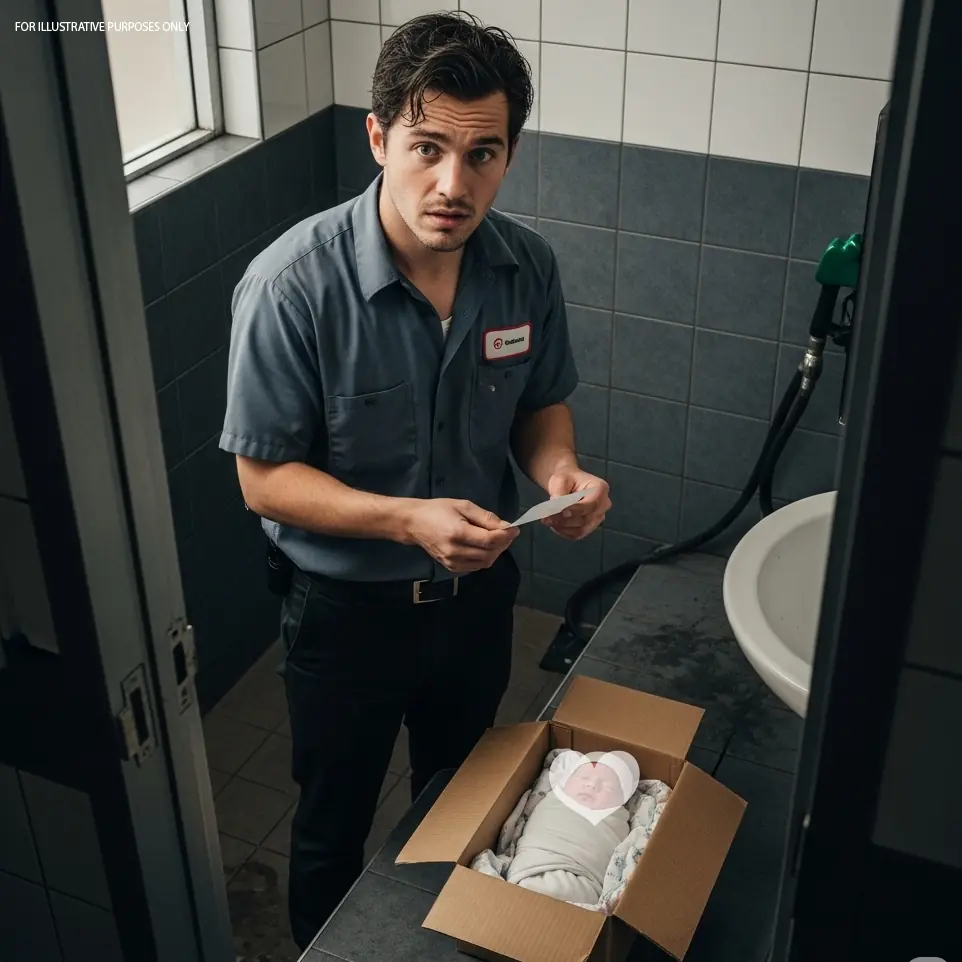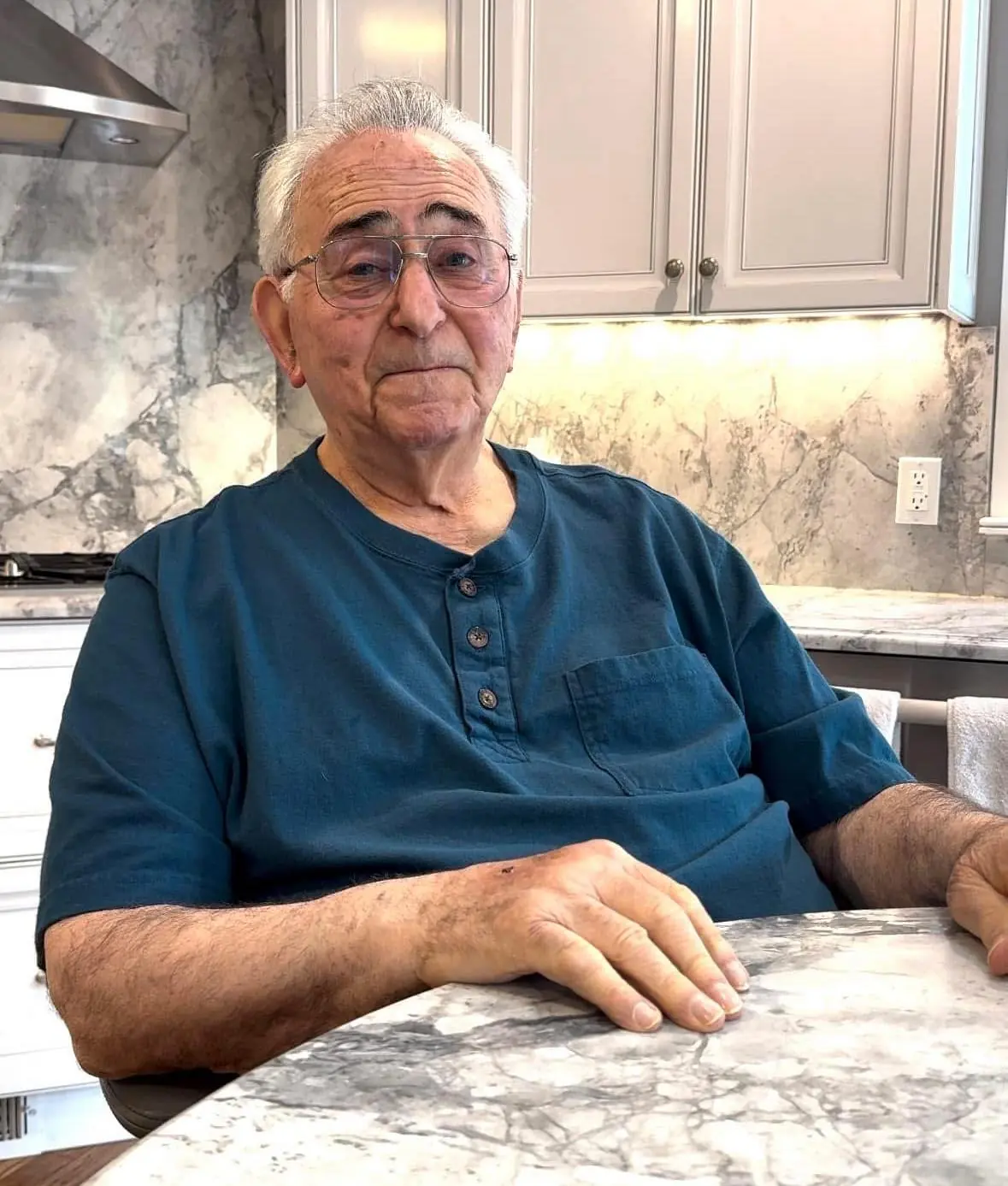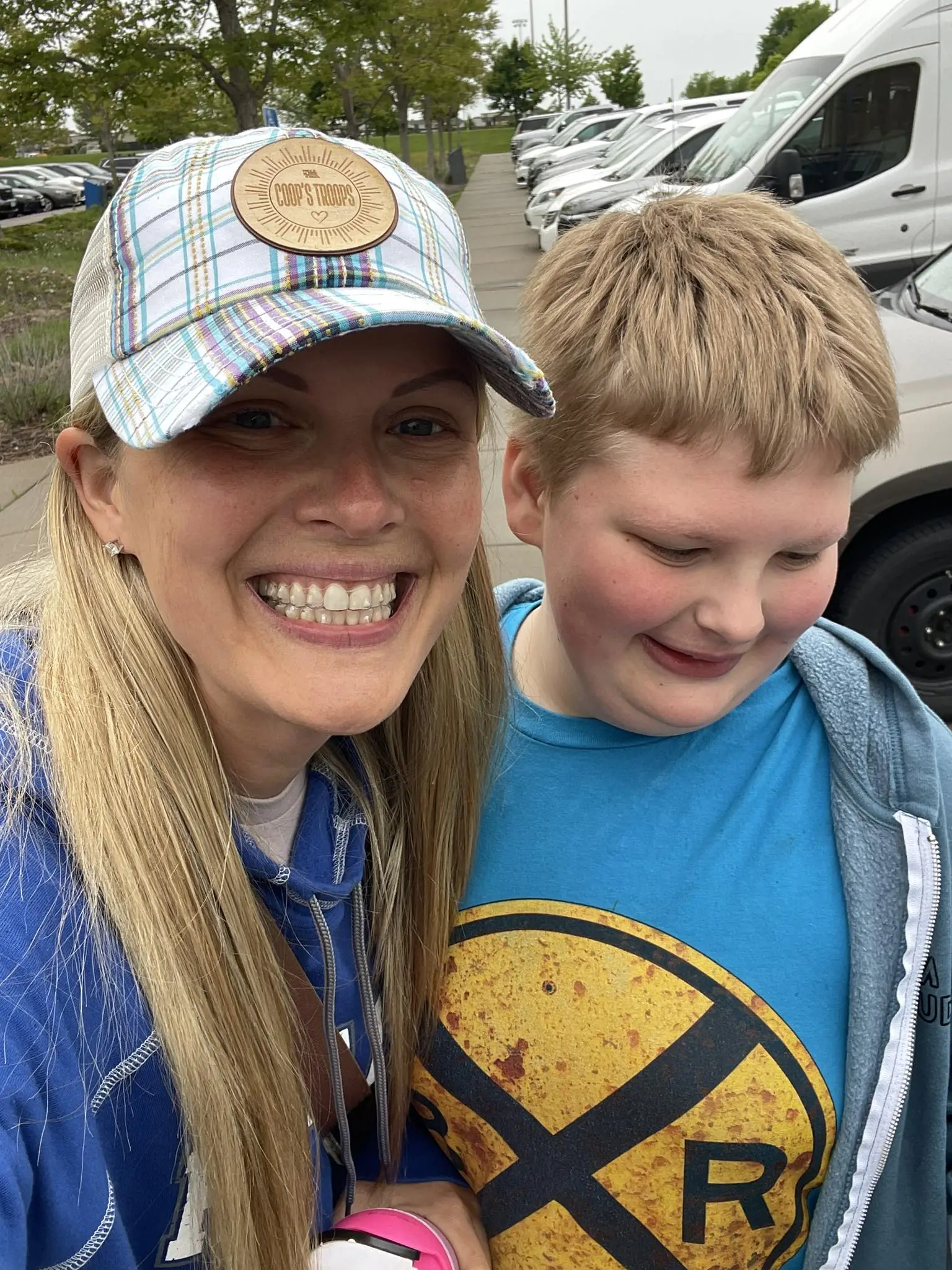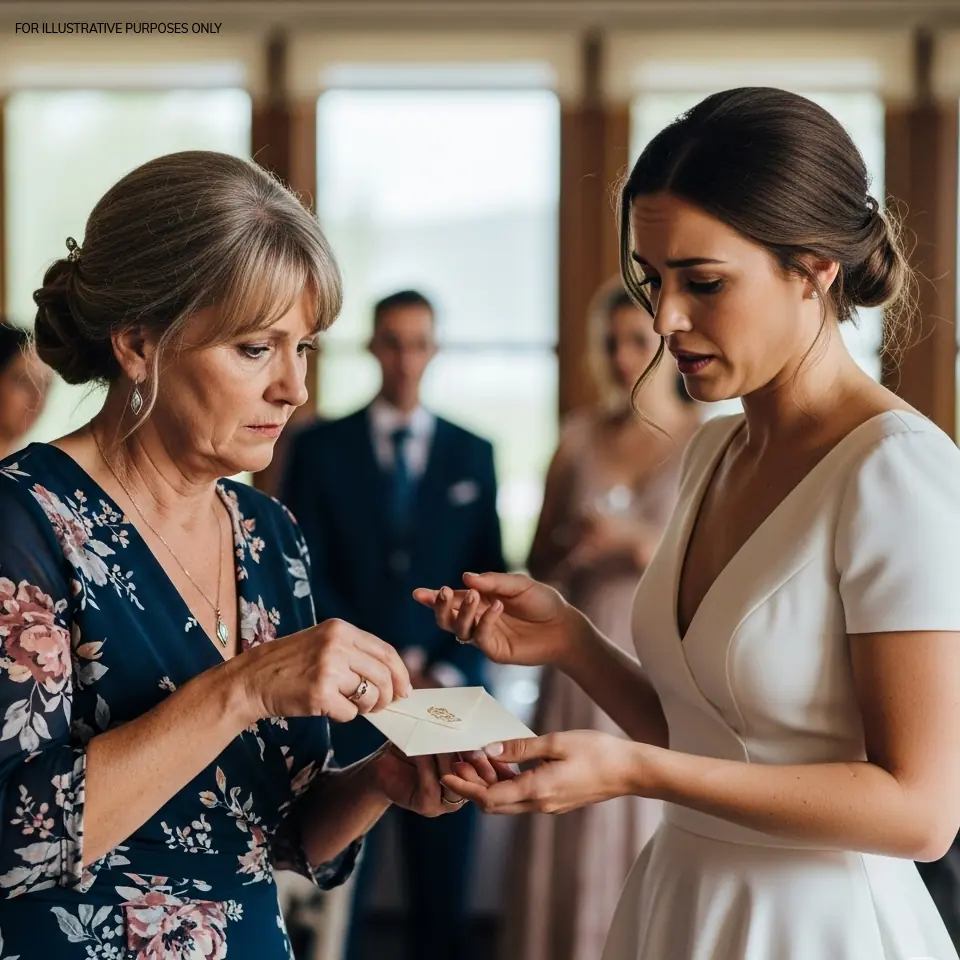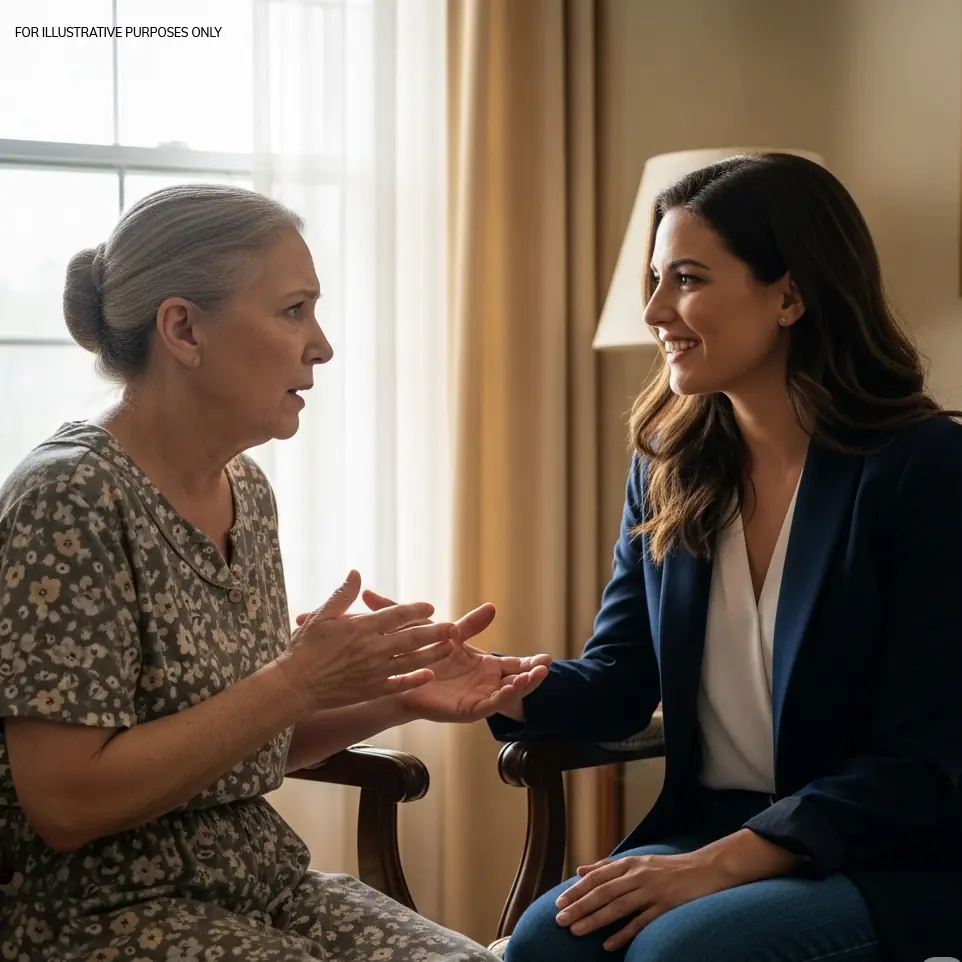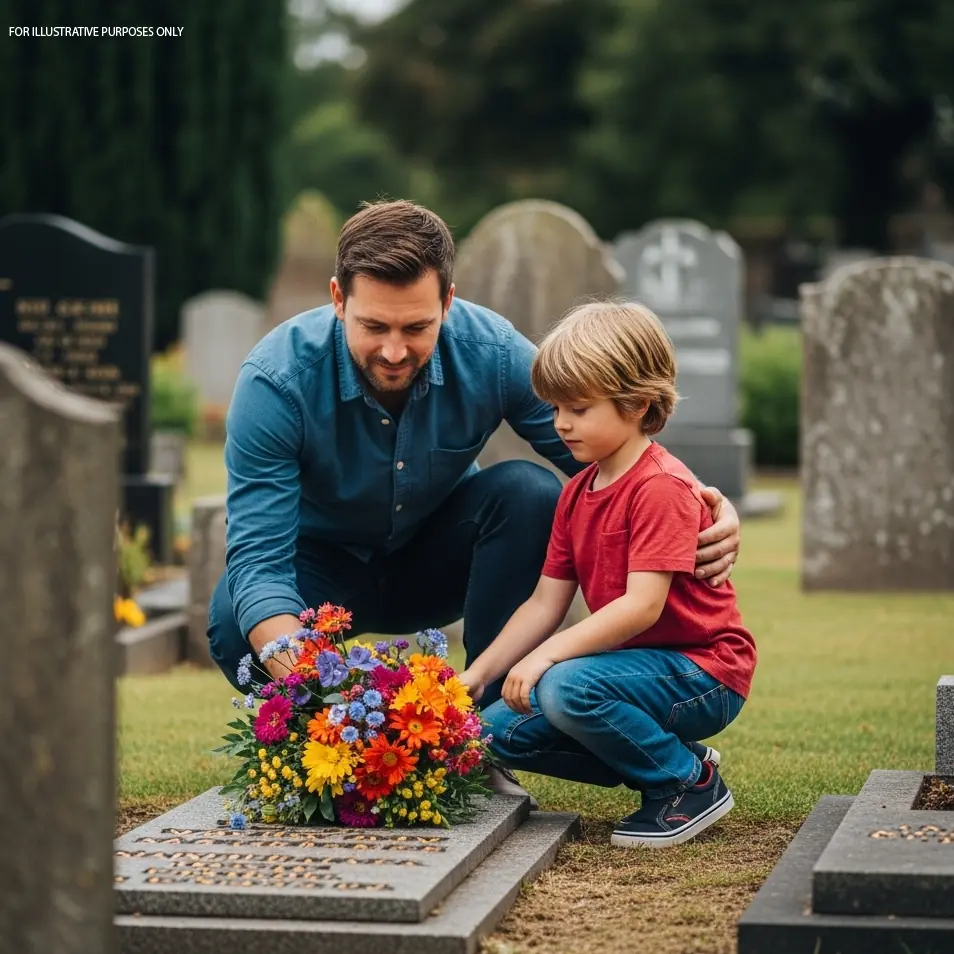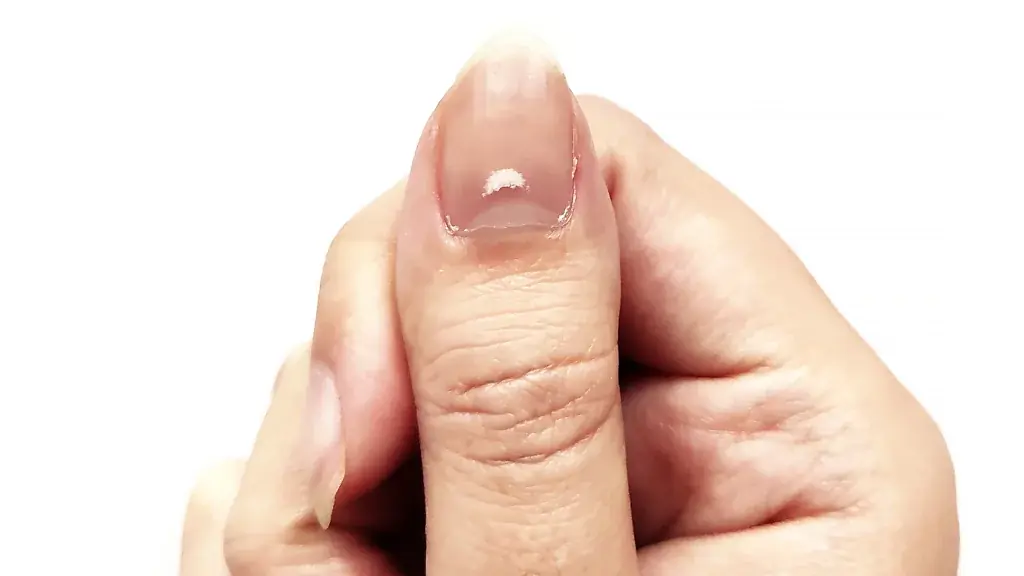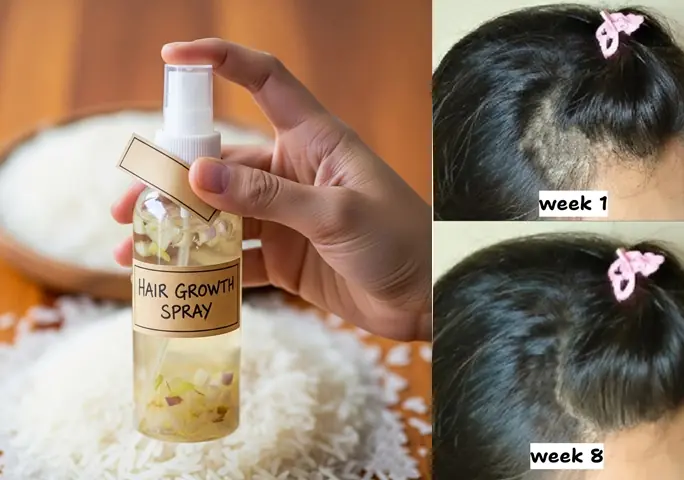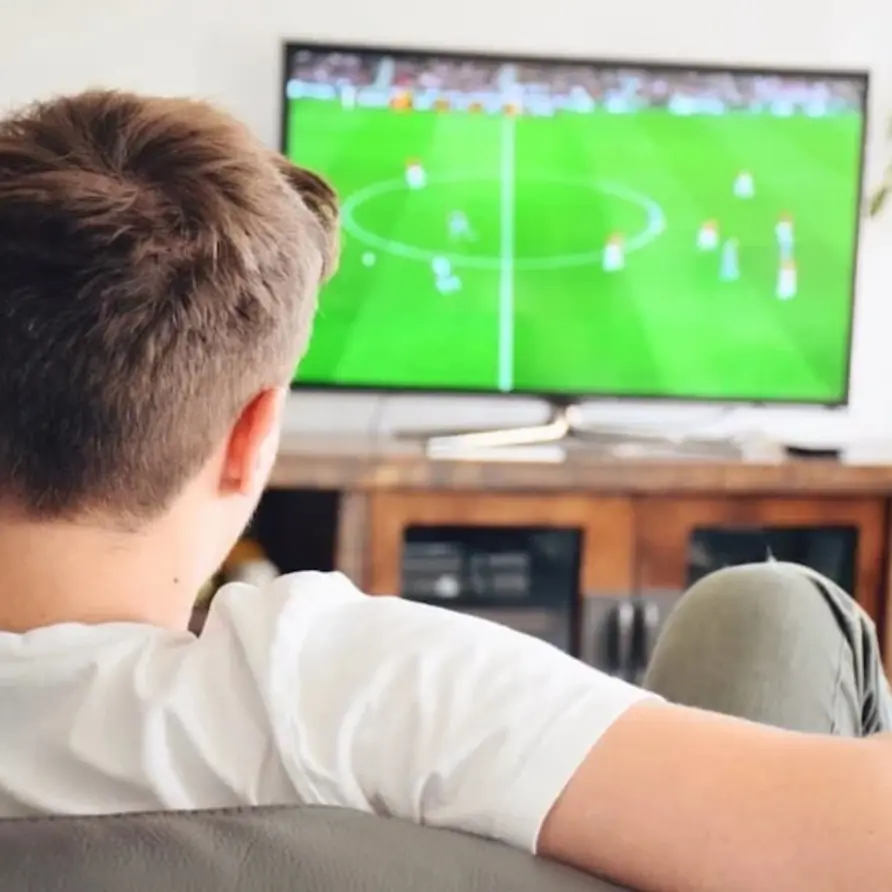
Parenting teenagers is a delicate dance—filled with moments of pride, frustration, and endless questions about how much to push and when to let go. Recently, a conversation with a close friend opened my eyes to a struggle that many parents face but few openly discuss. It was about her adolescent son, who was avoiding studying for an important chemistry exam by watching sports, riding his bike, or doing anything but hitting the books.
What struck me most was why she reached out—not for advice on how to make her son study harder, but because she needed someone to tell her to back off. She wanted permission to let him face the consequences of failing, believing that only then would he learn what it truly takes to succeed.
Her words stayed with me: “Why do I care more than he does?”
This simple question revealed a deep truth many parents grapple with. Sometimes, children are self-motivated—they push themselves, reach for challenges, seek help when needed, and actively participate in their growth. They take initiative: calling teachers, finding extra credit, signing up for advanced classes, and volunteering in their communities.
But sometimes, they do not. Sometimes, parents must step in, encouraging or pushing their children toward activities like sports, music lessons, or advanced classes, hoping these experiences will ignite their passion or develop their potential.
I personally experienced this tension with both my children. I wanted my daughter to attend the local performing arts high school in Houston. She auditioned and was accepted in the vocal department, yet she insisted on attending her zoned public high school. After asking her to make a pros and cons list and much back and forth, I finally surrendered the decision to her. Why did I care more than she did?
Similarly, with my son, I pushed hard for him to take an advanced math class. I knew he had an aptitude for math—he was doing multiplication at age four—but the pressure caused arguments and stress for both of us. After hearing my friend’s words, I relented, letting him drop the class to try again the following year.
Once I stopped caring more than they did and listened to their wishes, the atmosphere shifted. The constant nagging faded, discussions became calmer, and our relationships improved. Both of my children have since thrived—my daughter in her chosen school and my son in his academic pursuits.
My journey as a parent is about raising independent thinkers who believe in themselves. That means sometimes I have to let go of my agenda and trust that my children know what is best for themselves. I remind myself: sometimes I care more, but sometimes they do, too.
When I feel agitated about decisions I've made for them or notice they seem off balance, I pause to listen. Perhaps they care more than I do for a reason. Perhaps they are right.
Adolescence is a time of becoming—for children to shape who they want to be, not who we want them to be. It’s a difficult but necessary process. The days when I orchestrated every part of their lives are fading, but my belief in their potential remains strong. I want them to believe in themselves as much as I do.
So, I keep my friend’s powerful question close to heart, ready to pull it out whenever I need a reminder: “Why do I care more than he does?”
This mantra is a compass guiding me toward balance, patience, and understanding—helping me become a better parent by knowing when to hold on and when to let go.
Credit: Inspired by the heartfelt reflections of Julie Schlegel


